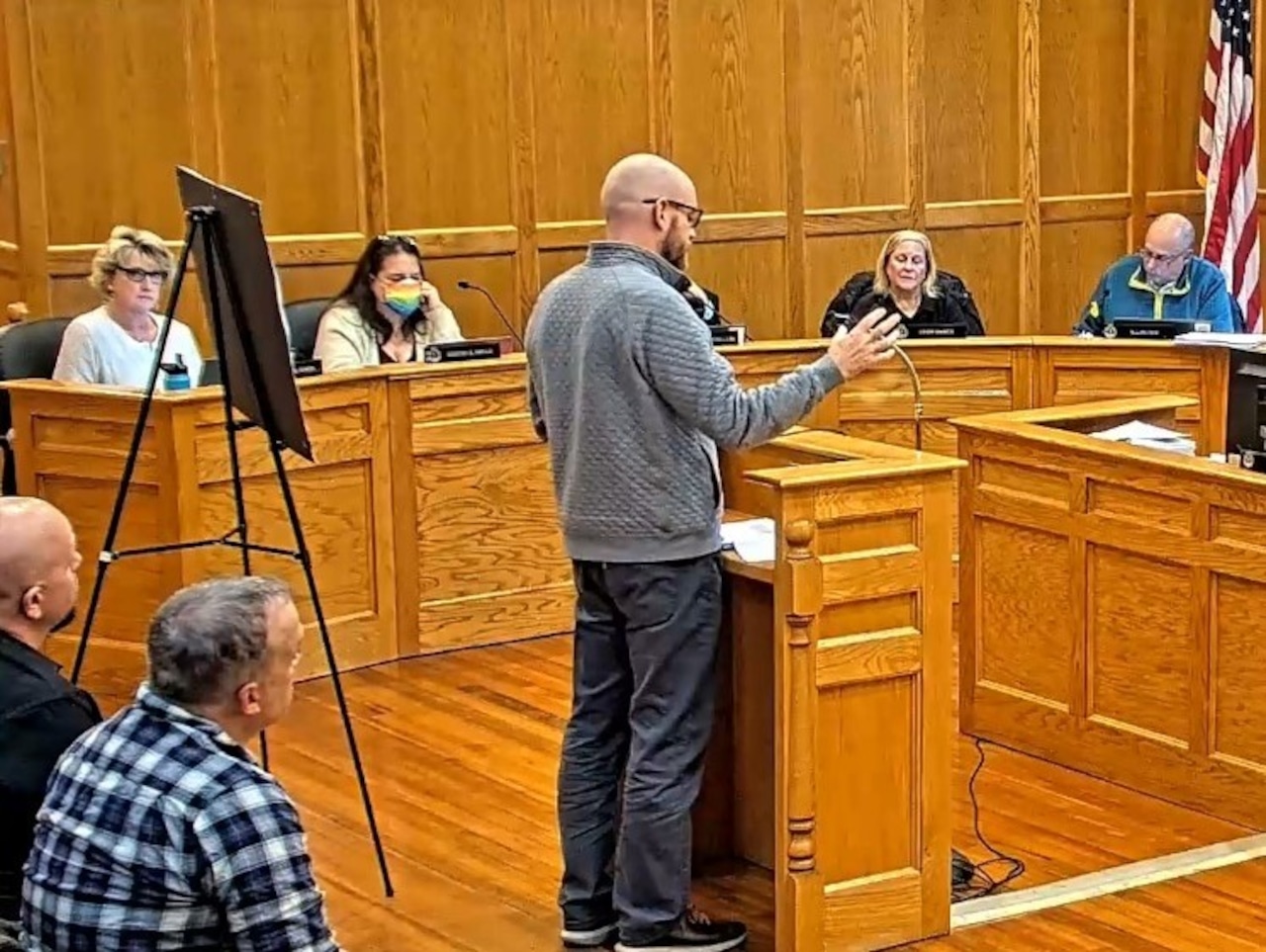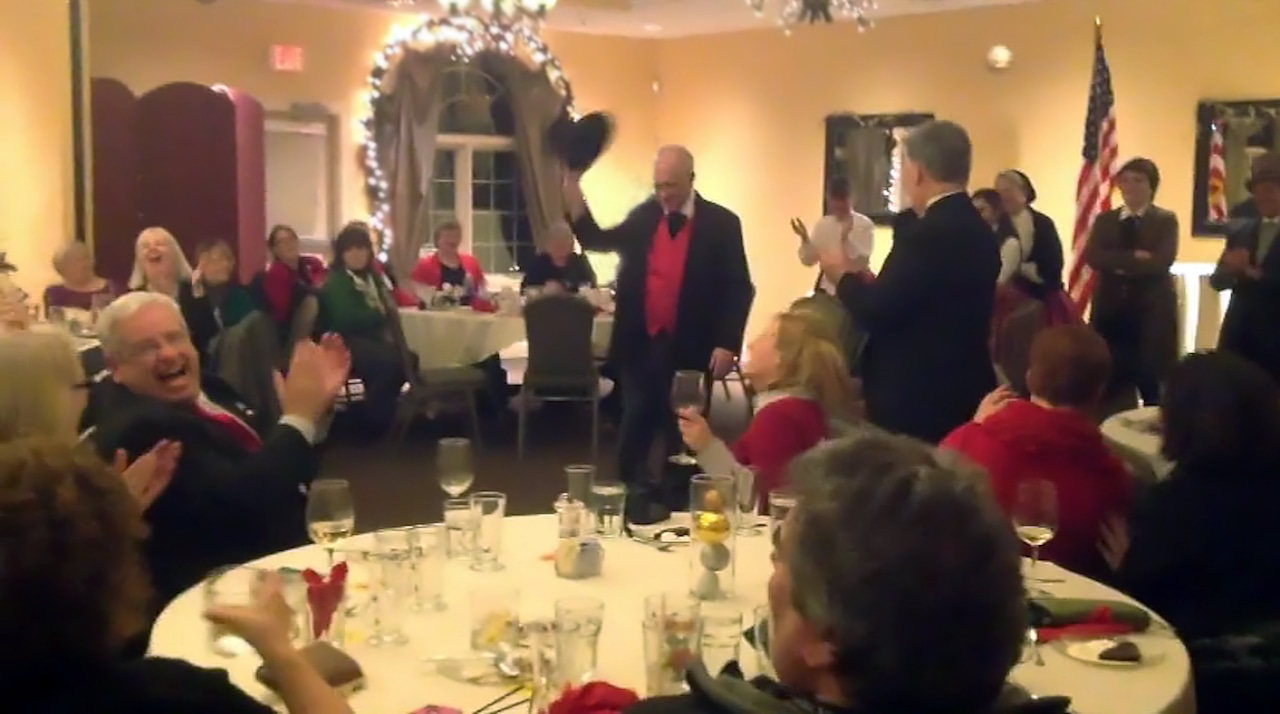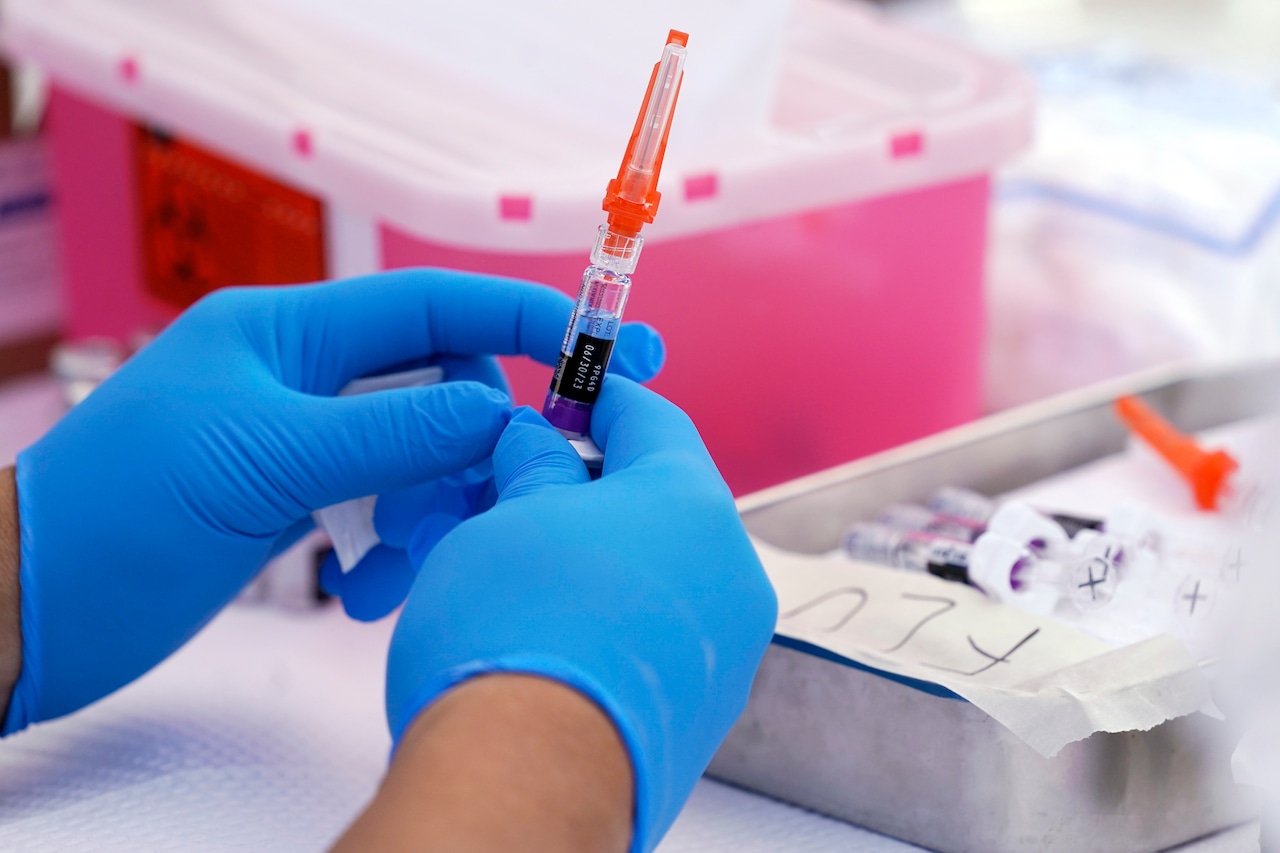
Nov. 1 marks the start of Native American Heritage Month, also known as Indigenous Peoples Heritage Month. To celebrate, MassLive is reaching out to readers to ask who in Massachusetts should be recognized from the Indigenous community.
We’d like nominations of who is making a mark in areas such as business, art, music, politics, advocacy, activism or education.
Native American Heritage Month began as an effort to have a national day to celebrate Native Americans in 1915. States approved various days on a case-by-case basis, starting with New York.
In 1990, President George H. W. Bush approved a joint resolution designating November of that year “National American Indian Heritage Month.” Since 1994, similar proclamations have been issued each year, with variations on the name.
Please nominate individuals by filling out the form at this link or in the embedded form below, and be sure to include contact information for how we can reach the person.
Thank you for your help!
What started at the turn of the century as an effort to gain a day of recognition for the significant contributions the first Americans made to the establishment and growth of the U.S., has resulted in a whole month being designated for that purpose.
One of the very proponents of an American Indian Day was Dr. Arthur C. Parker, a Seneca Indian, who was the director of the Museum of Arts and Science in Rochester, N.Y. He persuaded the Boy Scouts of America to set aside a day for the “First Americans” and for three years they adopted such a day. In 1915, the annual Congress of the American Indian Association meeting in Lawrence, Kans., formally approved a plan concerning American Indian Day. It directed its president, Rev. Sherman Coolidge, an Arapahoe, to call upon the country to observe such a day. Coolidge issued a proclamation on Sept. 28, 1915, which declared the second Saturday of each May as an American Indian Day and contained the first formal appeal for recognition of Indians as citizens.
The year before this proclamation was issued, Red Fox James, a Blackfoot Indian, rode horseback from state to state seeking approval for a day to honor Indians. On December 14, 1915, he presented the endorsements of 24 state governments at the White House. There is no record, however, of such a national day being proclaimed.
The first American Indian Day in a state was declared on the second Saturday in May 1916 by the governor of New York. Several states celebrate the fourth Friday in September. In Illinois, for example, legislators enacted such a day in 1919. Presently, several states have designated Columbus Day as Native American Day, but it continues to be a day we observe without any recognition as a national legal holiday.
In 1990 President George H. W. Bush






